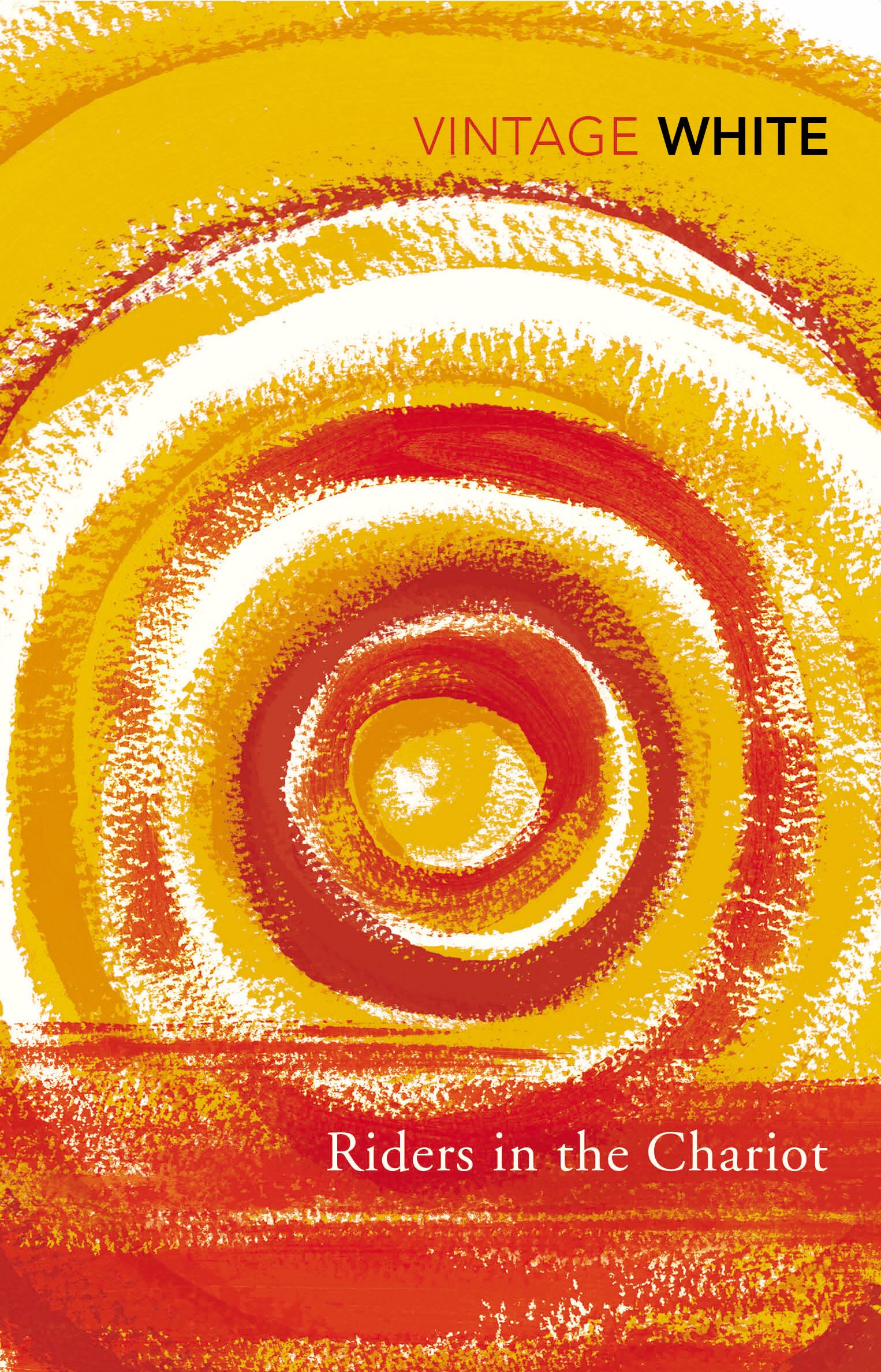
Categorii: Neclasificat, Neclasificat, Necatalogate
Limba: Engleza
Data publicării: 1996
Editura: Vintage
Tip copertă: Paperback
Nr Pag: 560

Through the crumbling ruins of the once splendid Xanadu Miss Hare wanders, half-mad, yet seeming less alien among the encroaching wildlife than among the inhabitants of Sarsaparilla. In this wilderness she stumbles firstly upon a half-caste aborigine and then upon a Jewish refugee. They each place themselves in the care of a local washerwoman. Existing in a world of pervasive evil, all four have been independently damaged and discarded. Now in one shared vision they find themselves bound together, understanding the possibilities of redemption.
'Stands out among contemporary novelists like a cathedral surrounded by booths. Its forms, its impulse and its dedication to what is eternal all excite a comparison with religious architecture' Maurice Edelman, Sunday Times
'This is a book which really defies review; for its analysable qualities are overwhelmed by those imponderables which make a work "great" in the untouchable sense. It must be read because, like Everest, "it is there"' Jeremy Brooks, Guardian
Patrick White was born in England in 1912 and taken to Australia, where his father owned a sheep farm, when he was six months old. He was educated in England at Cheltenham college and King's College, Cambridge. He settled in London, where he wrote several unpublished novels, then served in the RAF during the war. He returned to Australia after the war.
He became the most considerable figure in modern Australian literature, awarded the Nobel Prize for Literature in 1973. The great poet of Australian landscape, he turned its vast empty spaces into great mythic landscapes of the soul. His position as a man of letters was controversial, provoked by his acerbic, unpredictable public statements and his belief that it is eccentric individuals who offer the only hope of salvation. He died in September 1990.